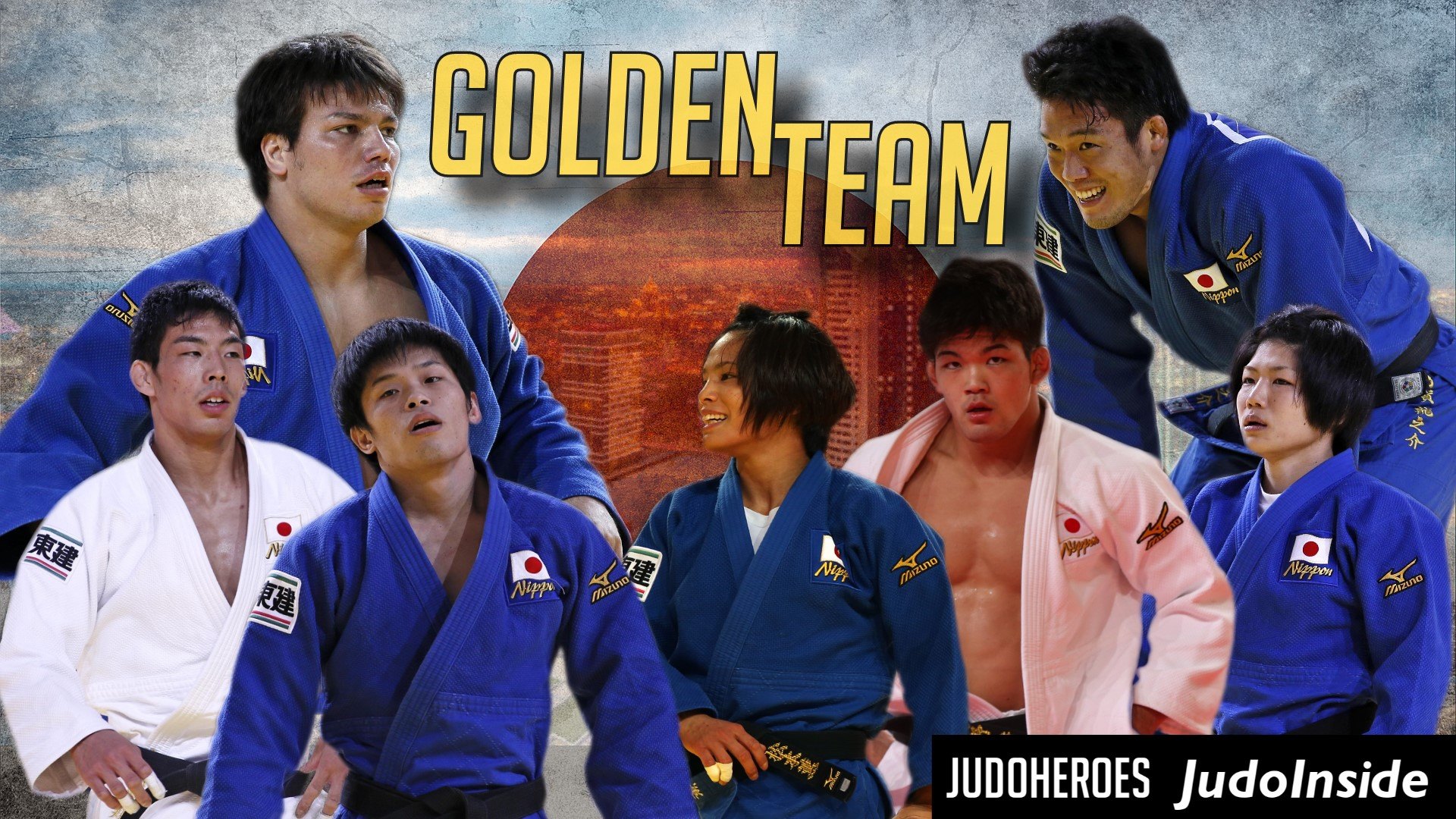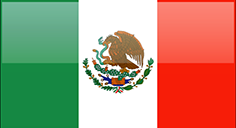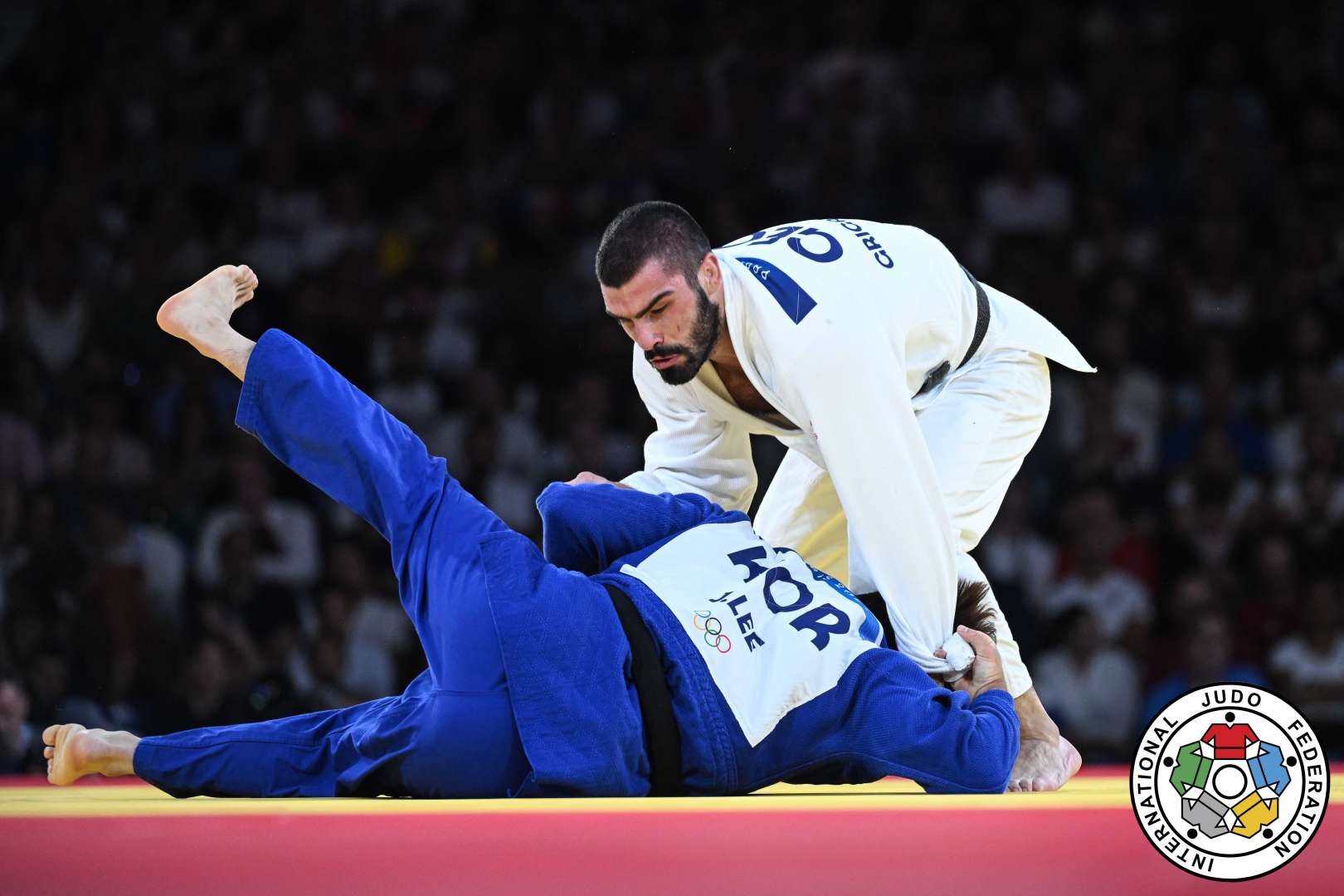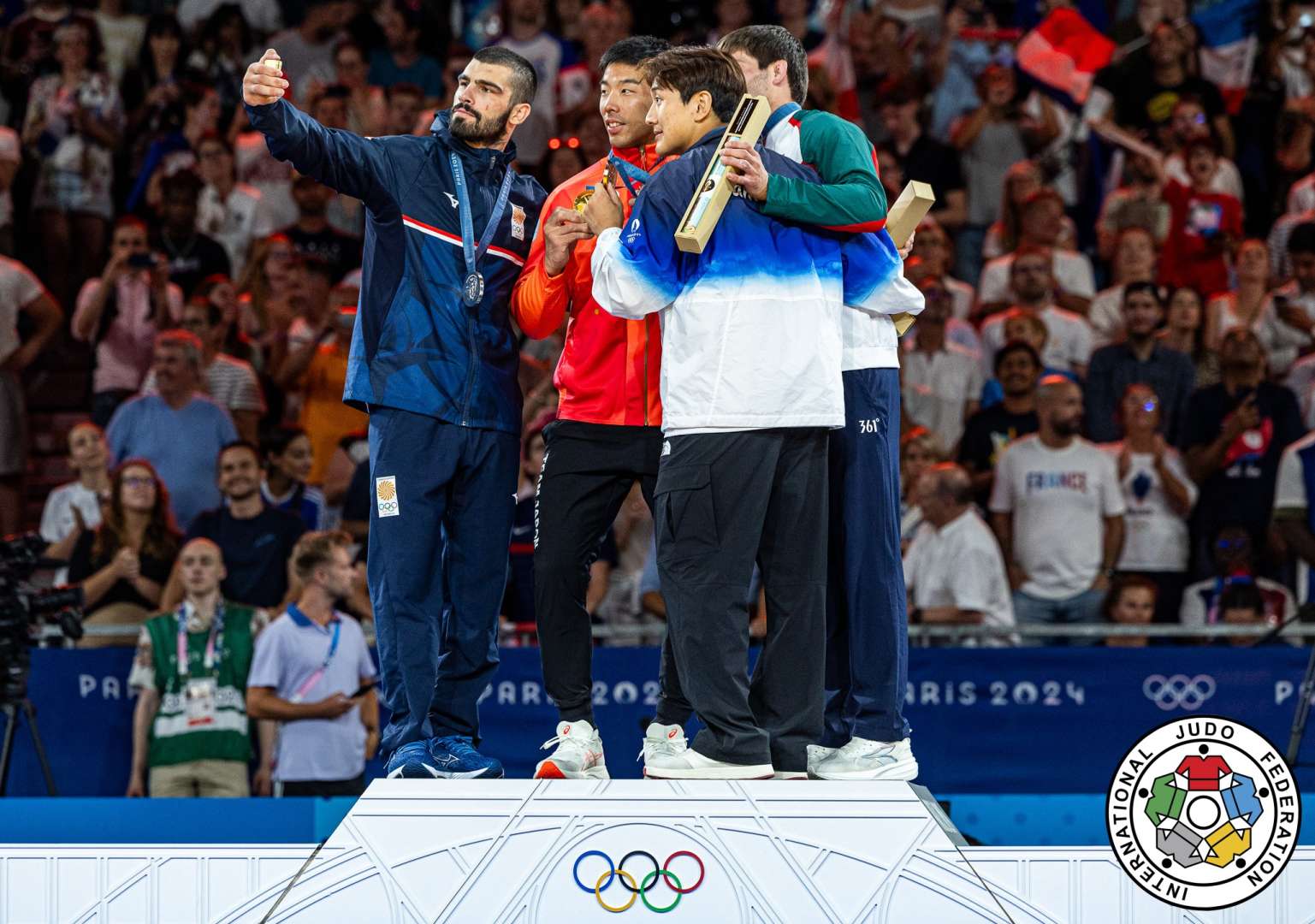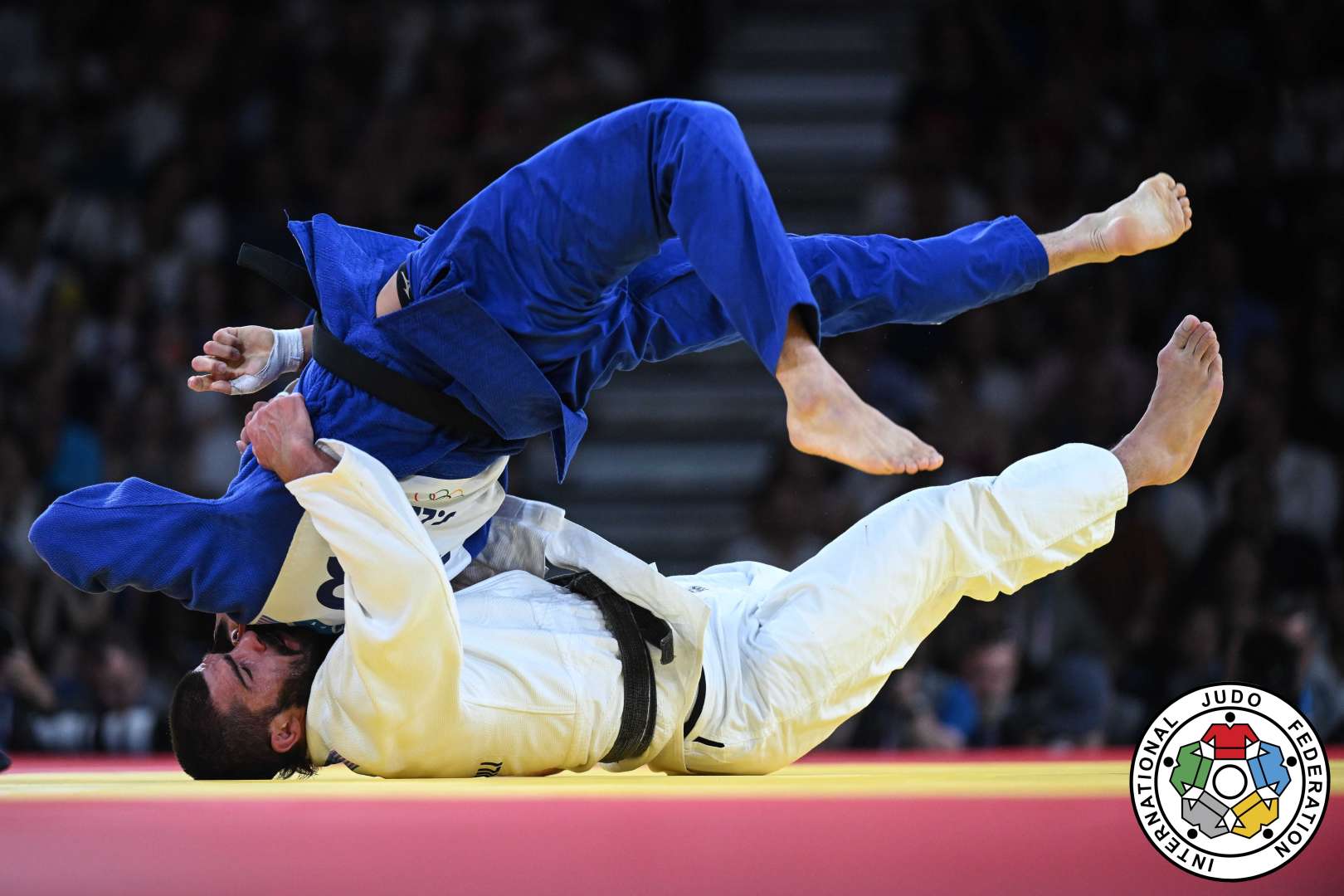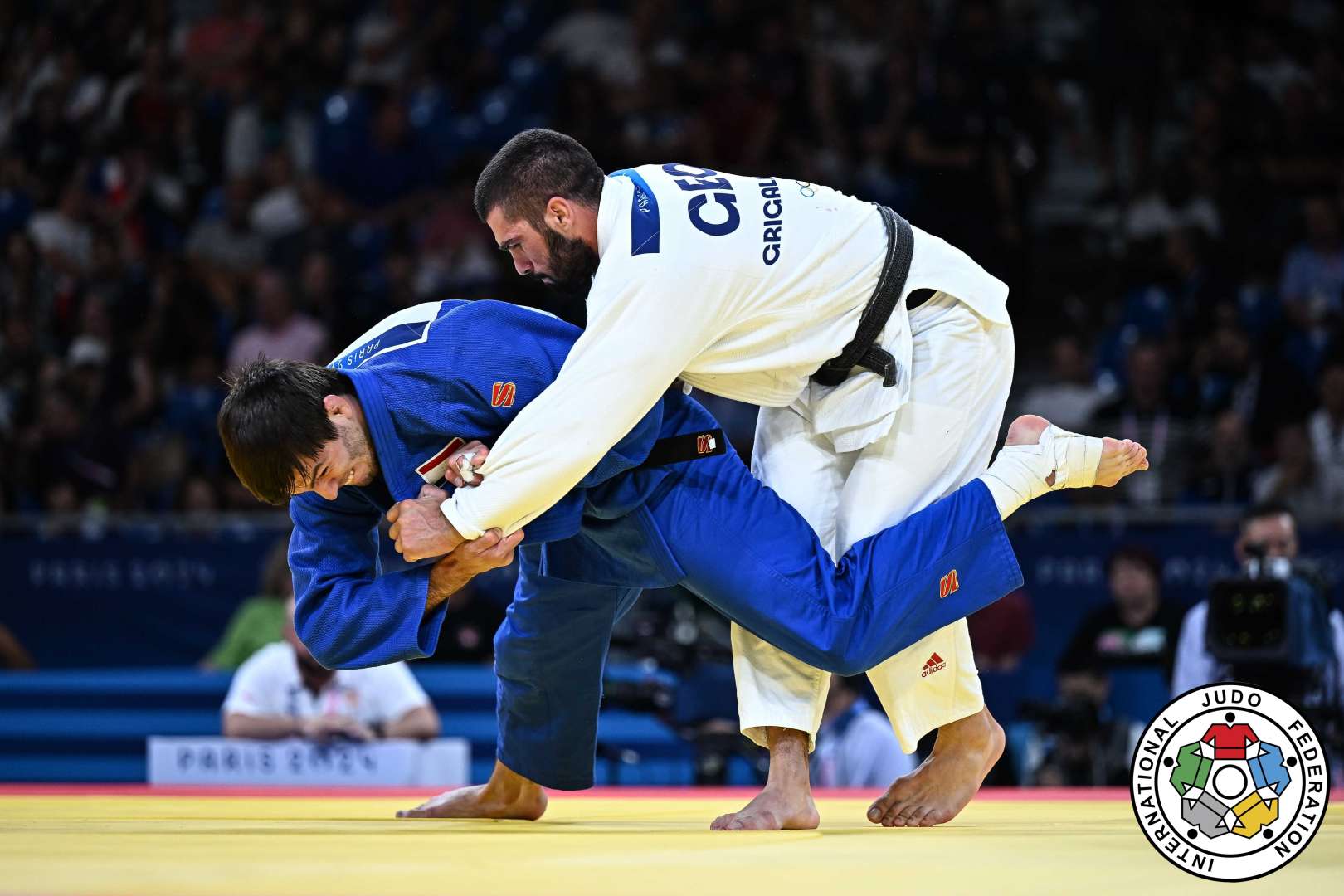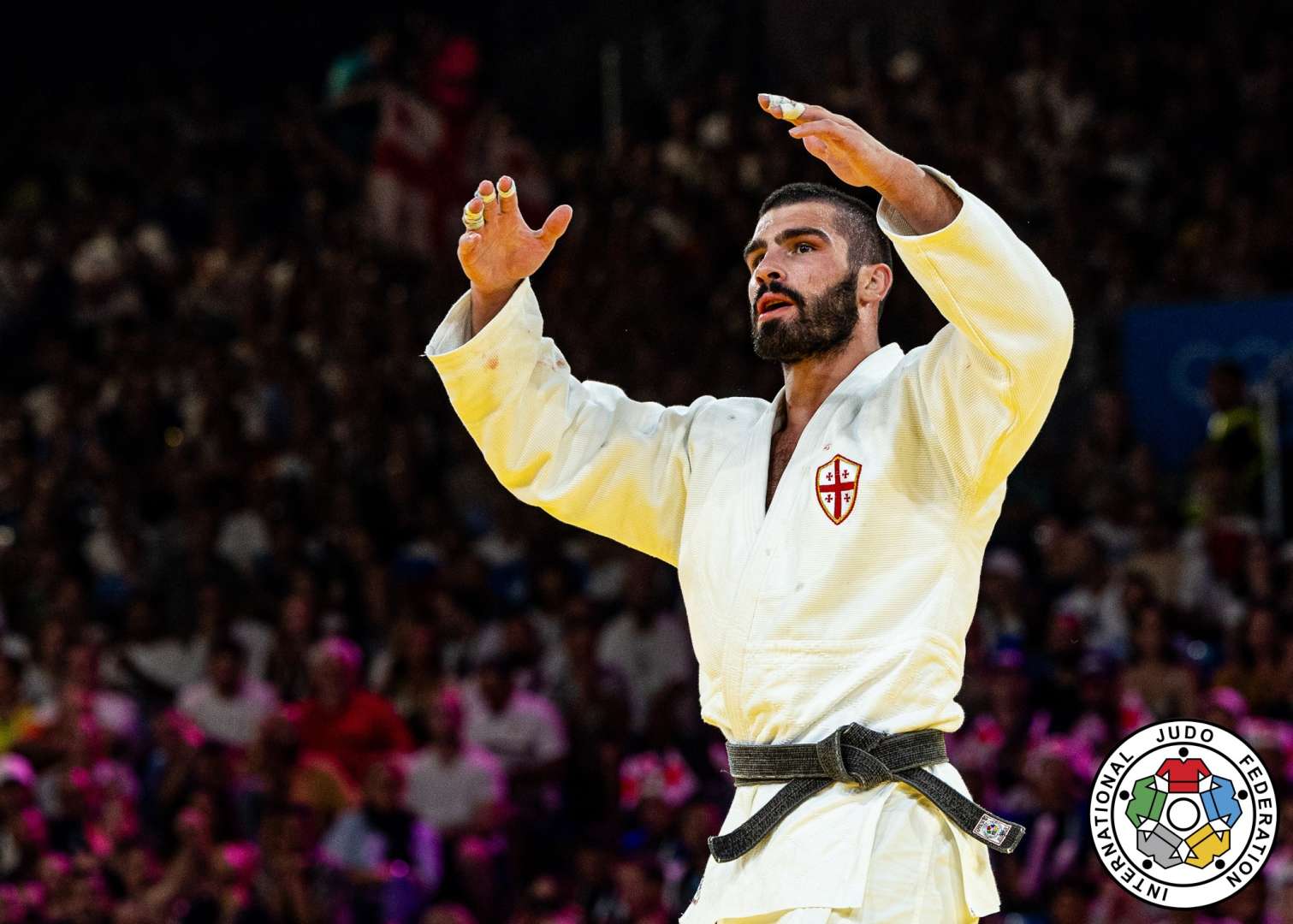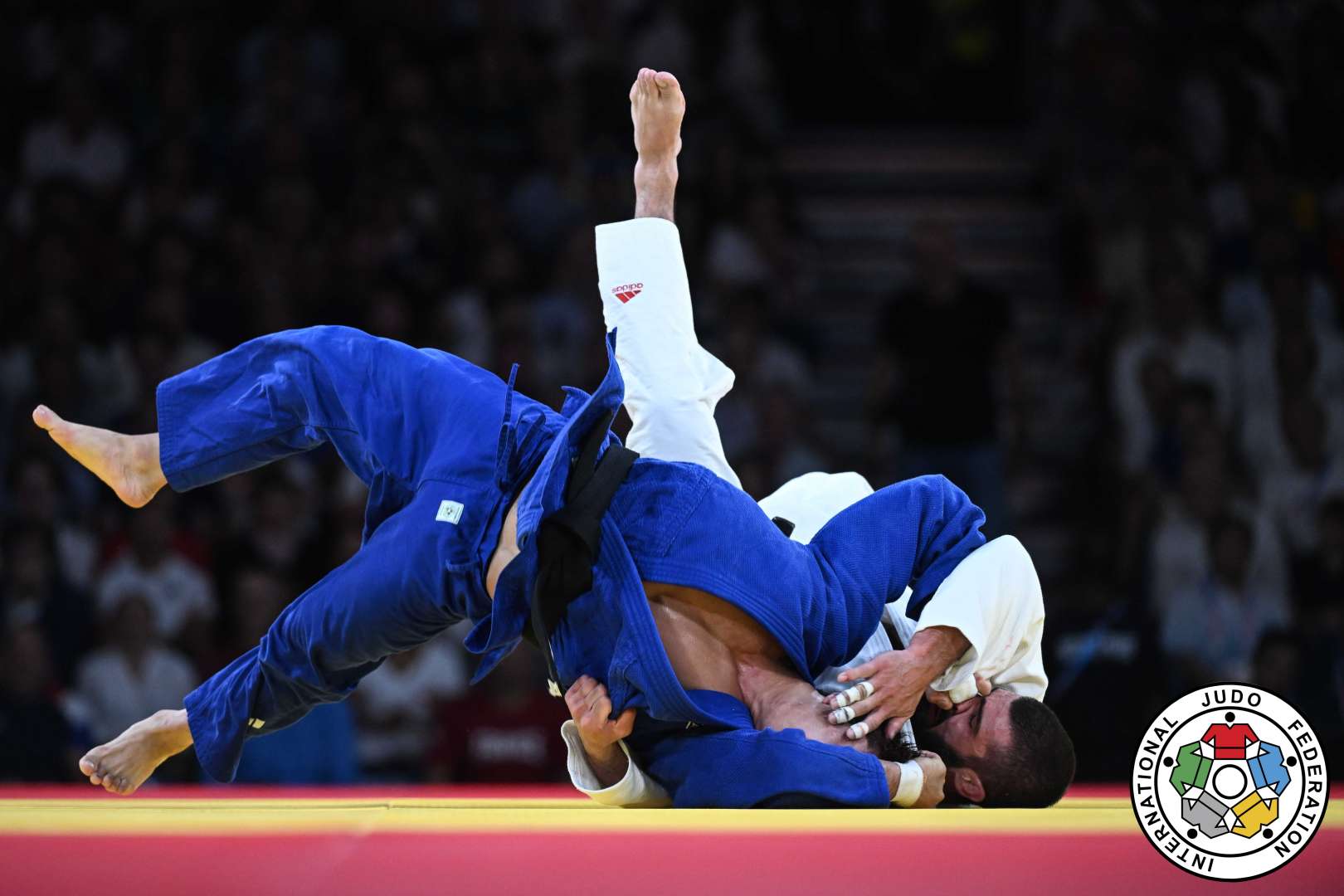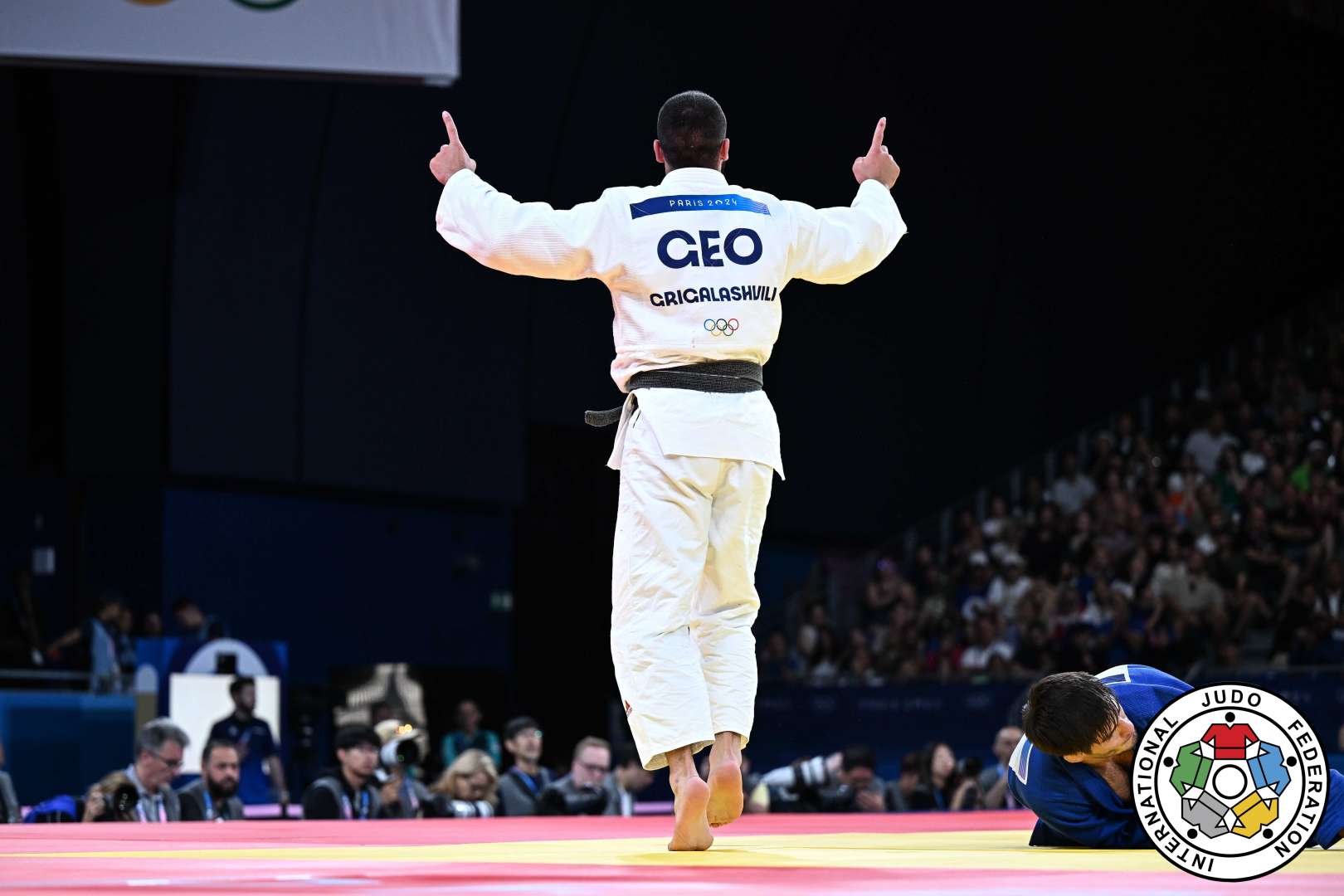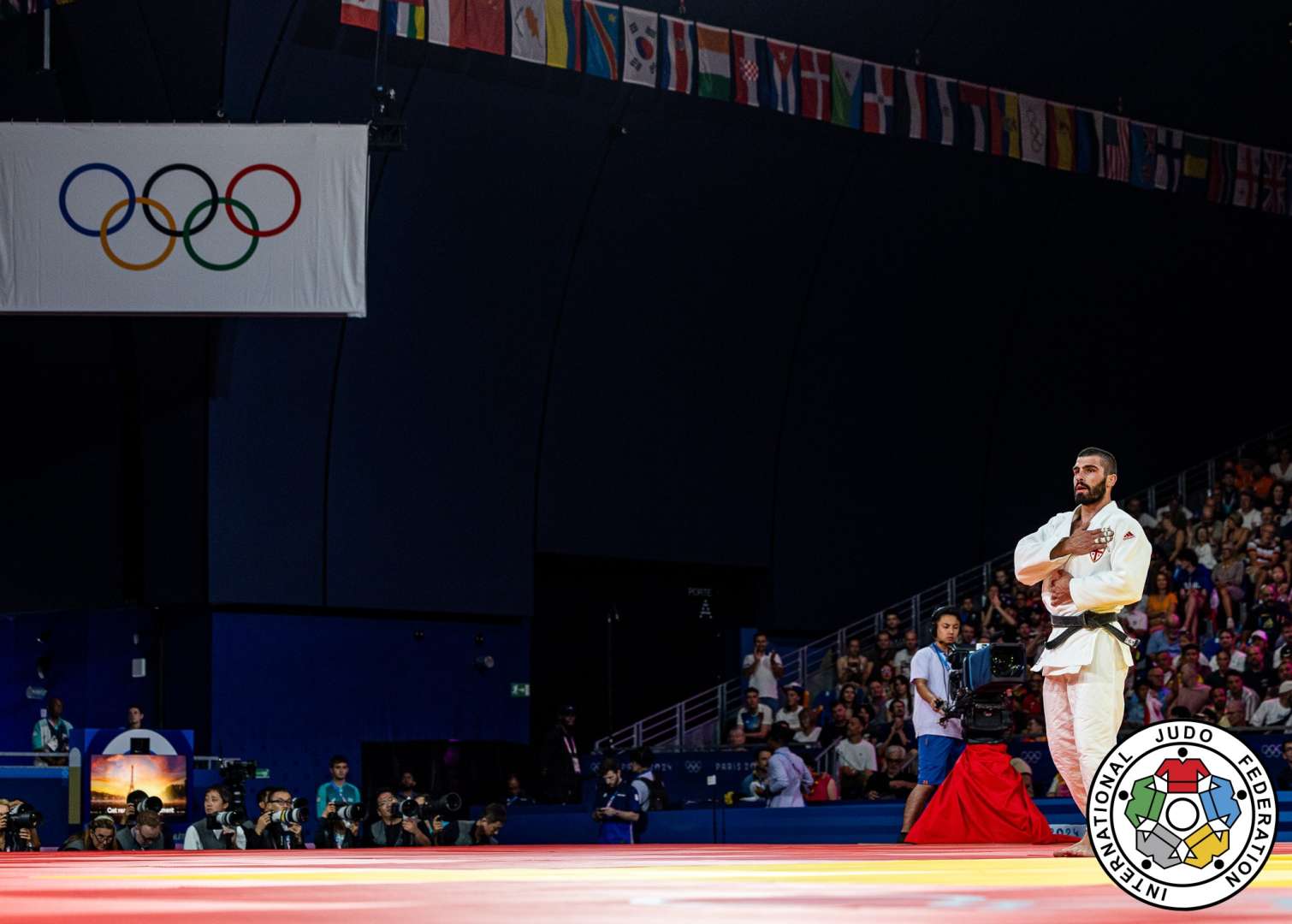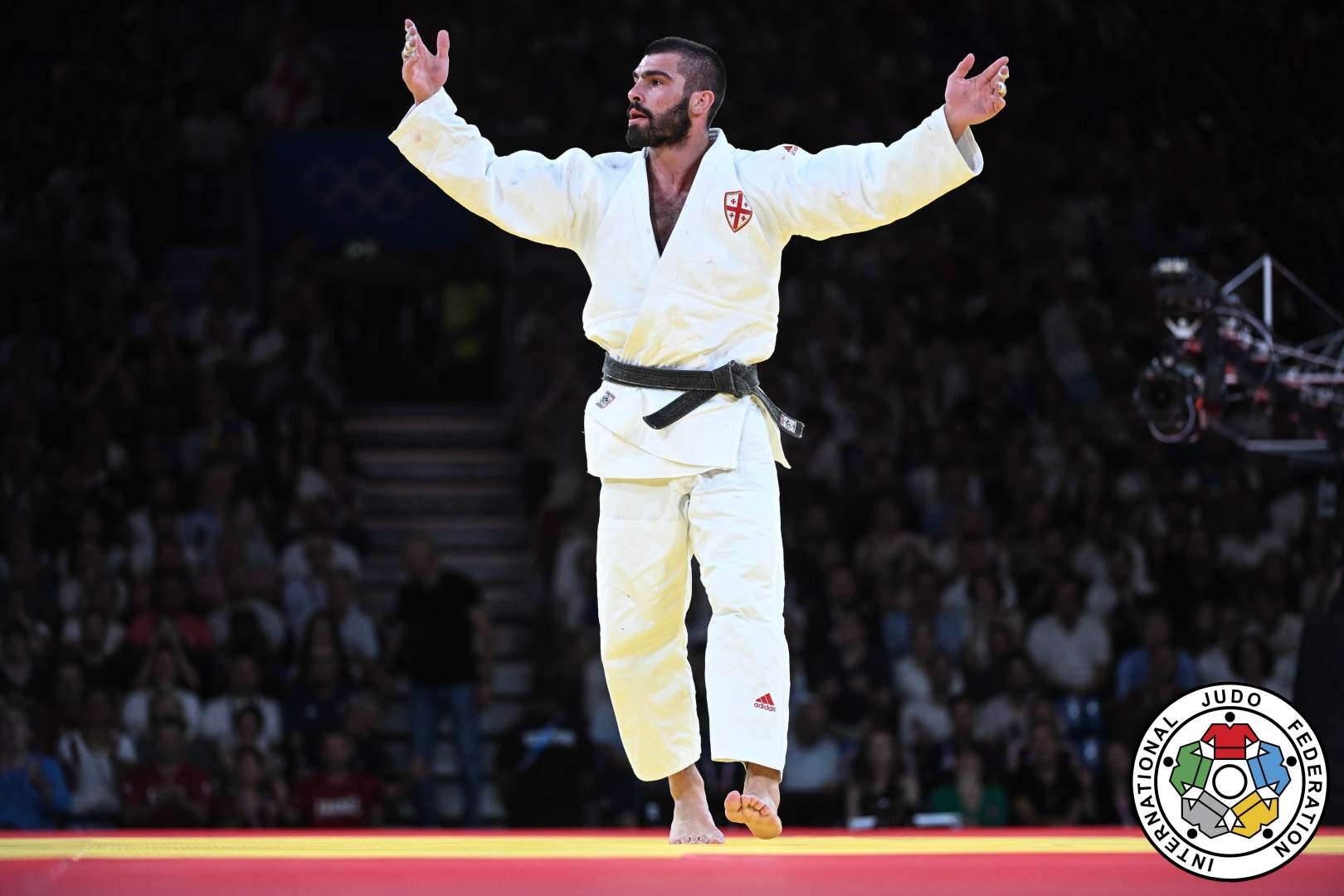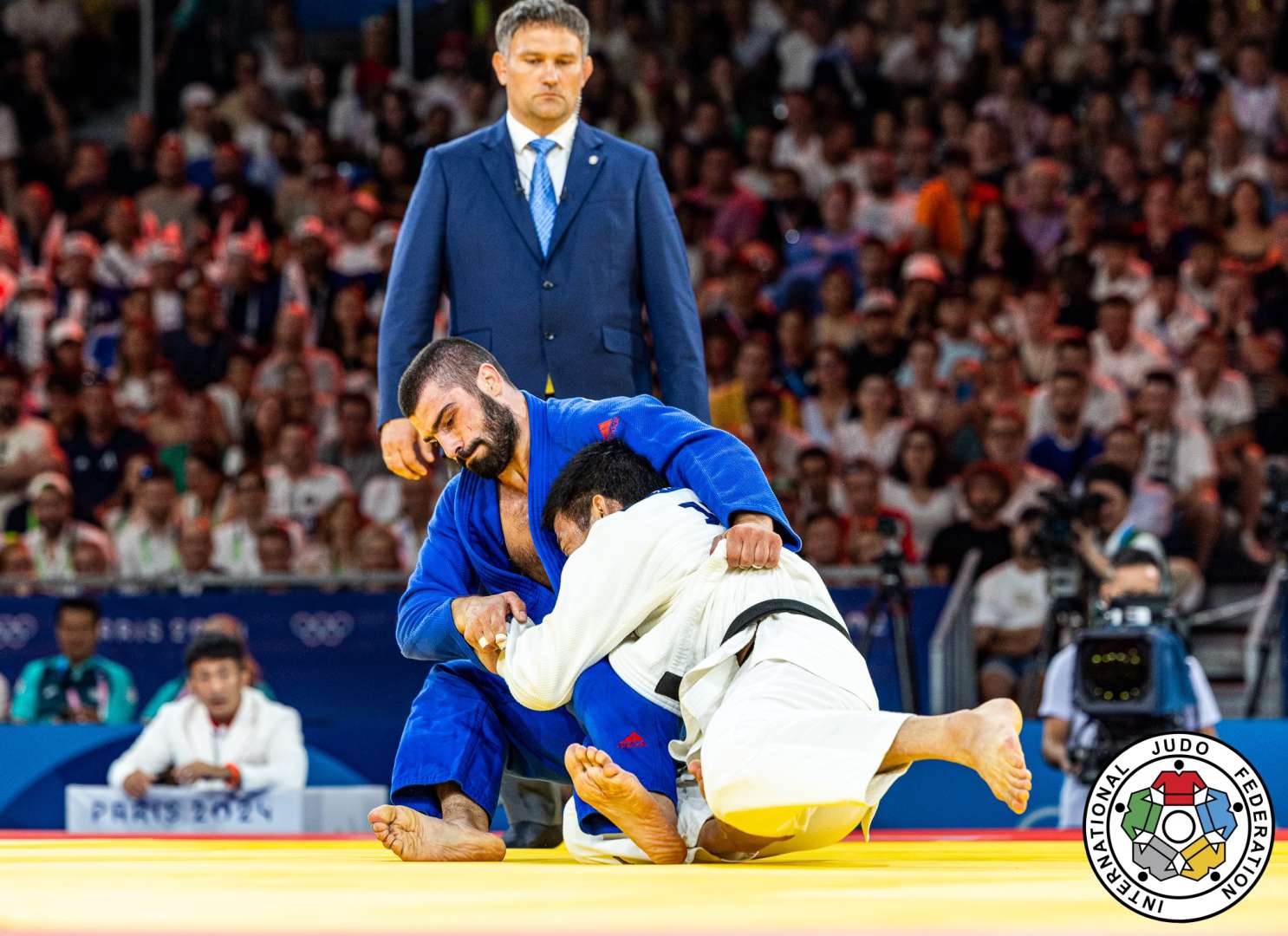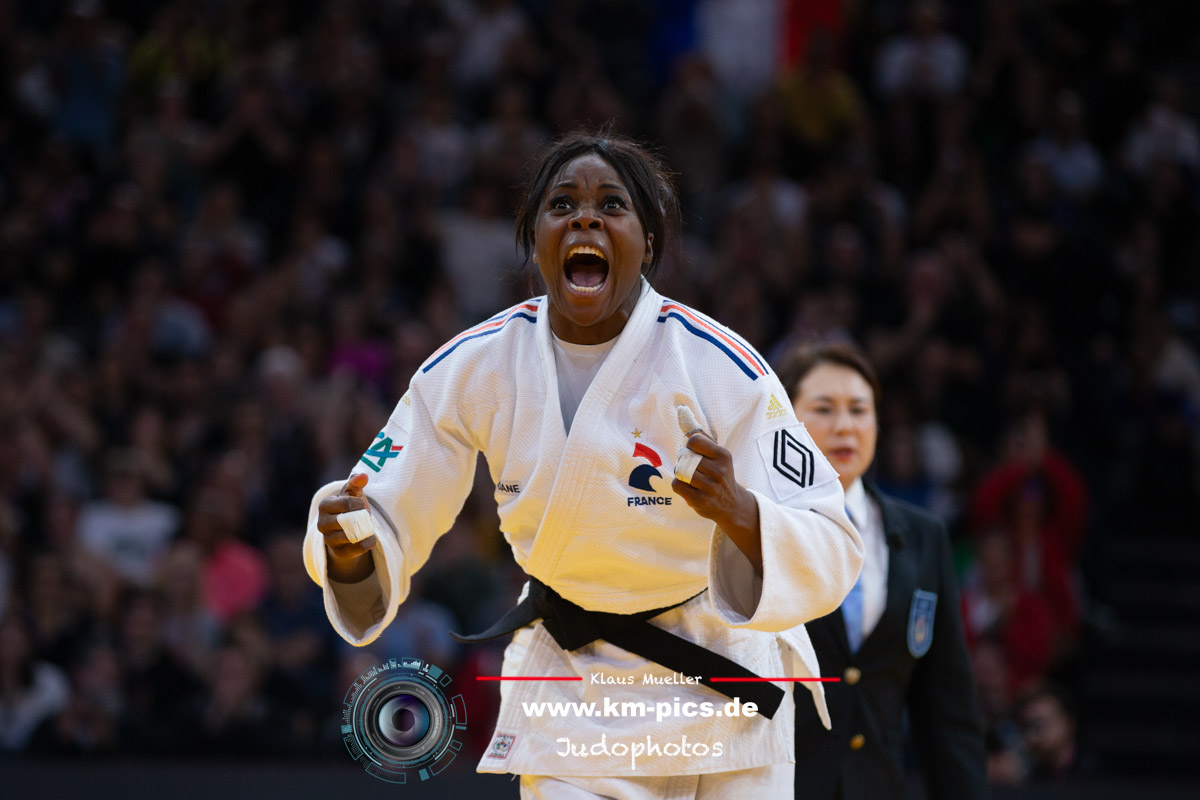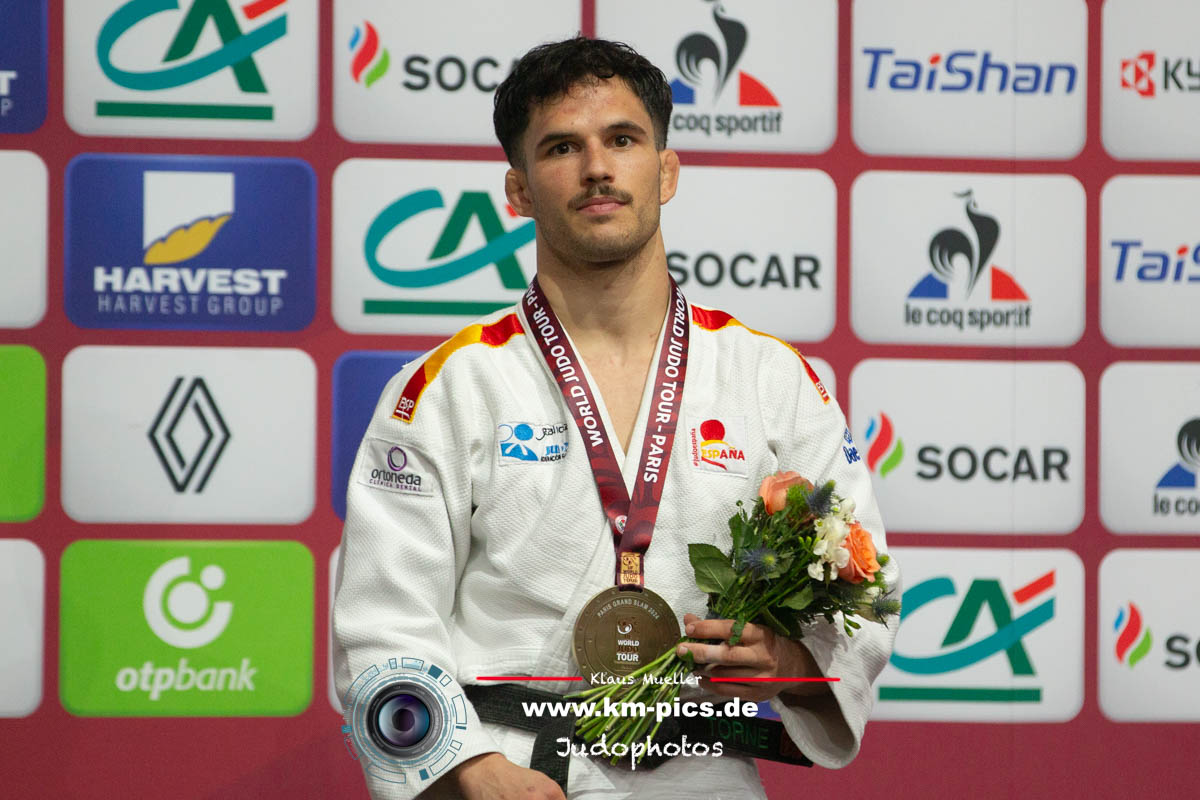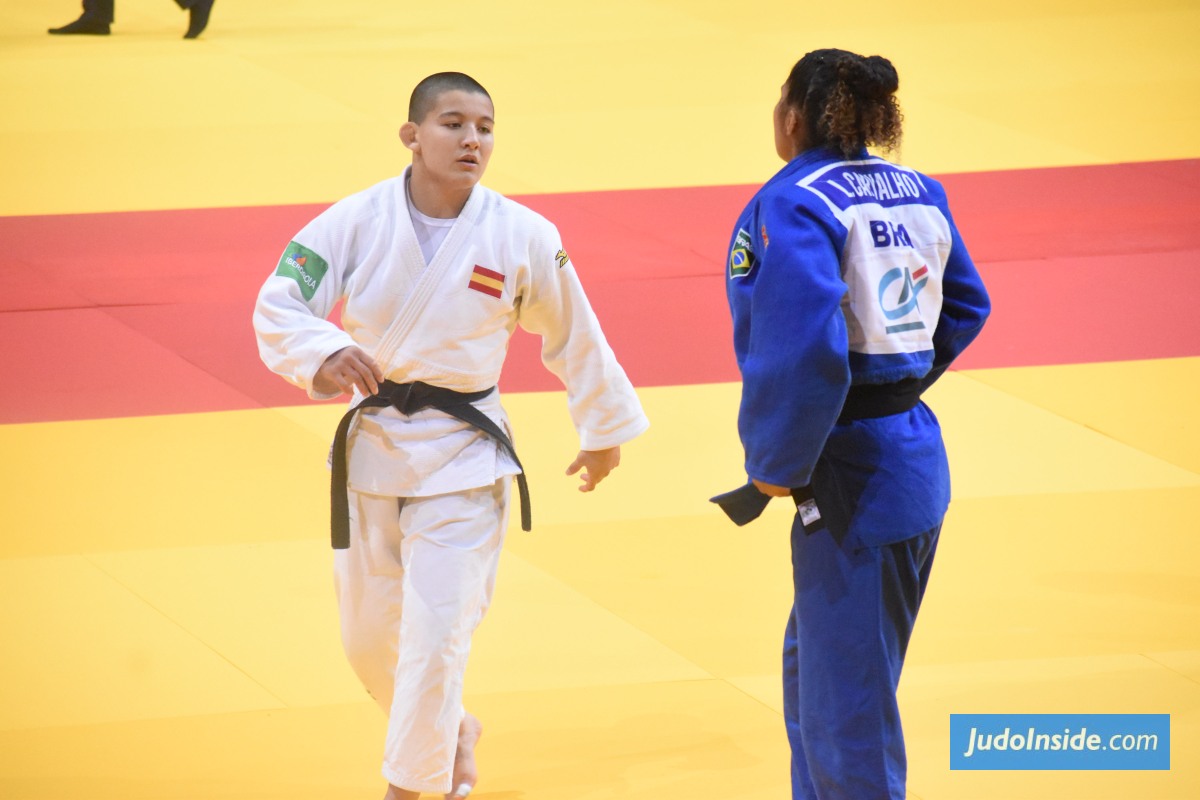Forgotten double World Champion Riki Nakaya retires
-gold-1447_2014 World Chelyabinsk.jpg)
 21 Dec 2020 09:35
21 Dec 2020 09:35
 by Oon Yeoh of JudoCrazy
by Oon Yeoh of JudoCrazy
 Rafal Burza
Rafal Burza
When you talk about Japan’s U73kg players, the names that usually comes to mind are Soichi Hashimoto and Shohei Ono. Almost forgotten is Riki Nakaya, who recently announced his retirement on Dec 17.
That he can be overlooked by so many so easily is rather surprising given that he’s a double World Champion and an Olympic silver medalist. He’s also got four IJF Grand Slam gold medals to his name. If he had been from any other country, he’d be considered a national hero.
Such is the depth of judo in Japan that even a top champion like him can be overshadowed by new talent. There was a time though when he was the new talent upsetting the incumbent. In his case, that incumbent was Hiroyuki Akimoto, the 2010 World Champion.
Nakaya wasn’t a prodigy. He had lost out for bronze in the 2008 World Junior Championships and in his first senior IJF event, the 2009 Tokyo Grand Slam, he didn’t make it out of the preliminary rounds. But what a difference a year makes. At the 2010 Tokyo Grand Slam, he was the gold medalist. Significantly, earlier in the year he had fought, and defeated, Akimoto in the 2010 Vienna World Cup.
A few months after Tokyo, he won the 2011 Paris Grand Slam, proving that his win in Tokyo was no fluke.
In 2011, he won the Rio Grand Slam prior to becoming World Champion in Paris, where he defeated Akimoto in the semifinal. Akimoto would get his revenge by defeating Nakaya in the semifinal of the 2011 Tokyo Grand Slam. Nakaya then struck back in the semifinal of the 2012 Almaty World Masters.
You could see how huge the rivalry was between these two. But a new upstart, named Shohei Ono, would soon burst into the scene.
Nakaya prevailed over him in the 2012 All-Japan Championships to secure a place on the Olympic team. In London, Nakaya did well to make it to the final but there he was out-muscled by the Russian Mansur Isaev, who mauled him on the mat. He had never fought Isaev before this and was clearly not used to such rough house tactics by the Russian.
Things started going south after the Olympics. He lost to Ono in the 2012 Tokyo Grand Slam and for the 2013 Rio World Championships, Japan decided to send both players. Nakaya had suffered a concussion after being slammed by a strong Mongolian in the quarterfinal. Ono, meanwhile, would go on to win the gold and displace Nakaya as the world champion.
But just as you might be ready to write Nakaya off as a has-been, he would bounce back and win the 2013 Tokyo Grand Slam. He further proved his worth in the 2014 World Championships after Ono was unexpectedly foot-swept for ippon by a relatively unknown South Korean in the preliminary rounds.
Nakaya, who was Japan’s alternate in that category, rose to the occasion and fought his way to the final where he would go up against North Korea’s Hong Kuk-hyon, who had been impressive all day long. Nakaya made short work of him though, throwing him for ippon with kouchi-makikomi.
The 2015 Astana World Championships -73kg final was an all-Japan affair with Nakaya squaring off against his new domestic rival, Ono. It was Ono who would go on and win the gold medal.
After that event, Nakaya’s performance began to drop. He failed to medal at the 2015 Tokyo Grand Slam and the 2016 Paris Grand Slam, and wasn’t selected for the 2016 Rio Olympics. Ono went instead and won the gold medal. Undeterred, Nakaya fought in the 2016 Tokyo Grand Slam later that year but again failed to medal.
The writing was on the wall but he had one last hurrah at the international level when he took part in the 2017 Baku Grand Slam. He walked away from that one with a creditable silver medal.
Domestically he tried to stay competitive and moved up to the U81kg division. His plan was to go back down to U73kg and compete again this year but Covid-19 ruined those plans.
Now, at 31 years of age, and with the Olympic selection concluded (Ono will be representing Japan), he has decided to retire from competition. He will be working as a coach at the judo club that he belongs to.
Nakaya said: “At the London Olympics, the color of the medal was regrettable but it was because I had experienced that defeat at the Olympics that I was able to grow mentally and return to the number one position in the world in 2014. In the future, I would like to become a loving leader like the teachers who had taught me, so that I can give back to the judo world.”
 like
like
 share
share

| Result | City | Date |
|---|---|---|
| 2 | Paris | 30 Jul |
| 1 | Abu Dhabi | 21 May |
| 1 | Zagreb | 26 Apr |
| 3 | Belgrade | 2023 |
| 2 | Montpellier | 2023 |


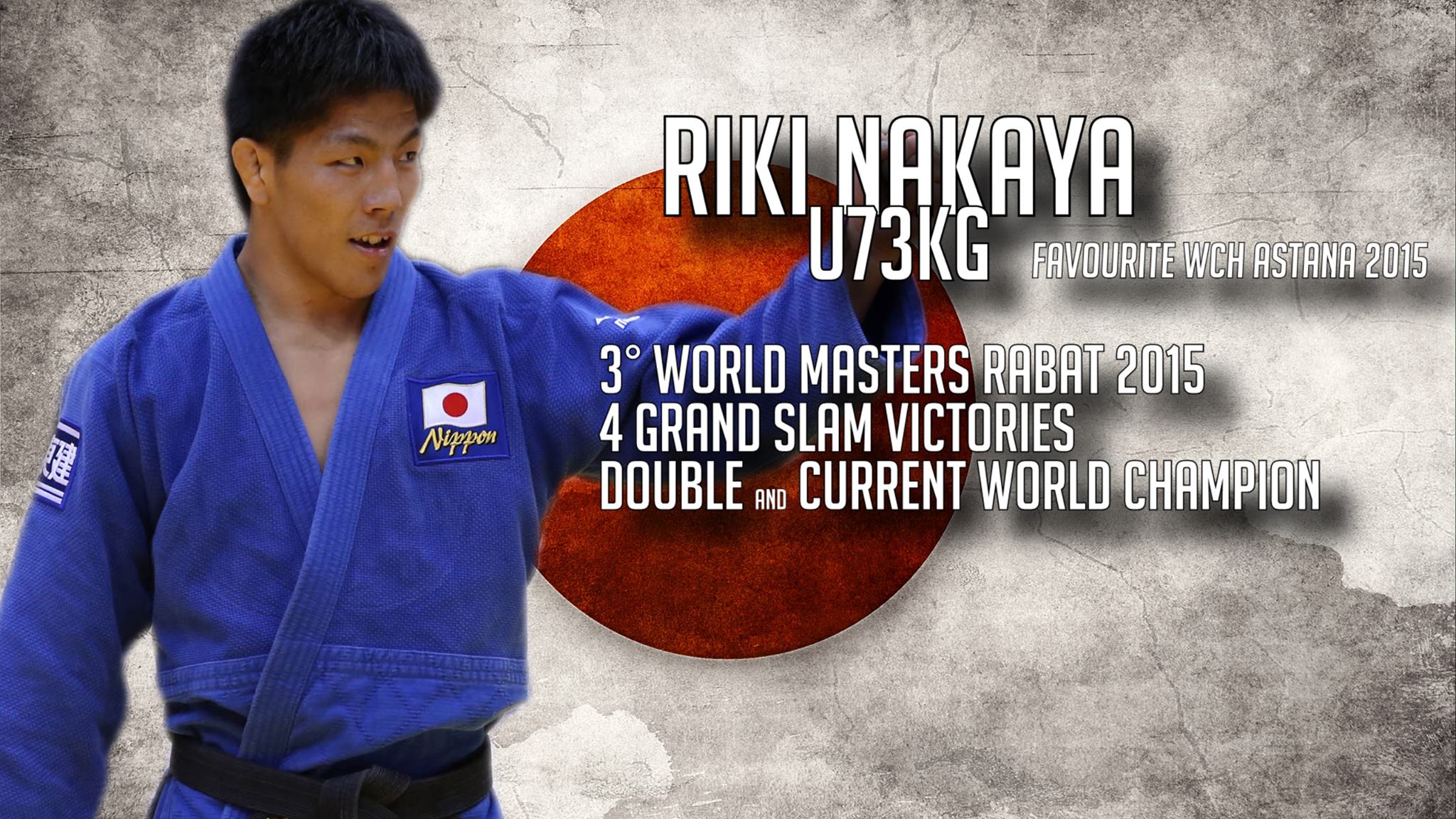




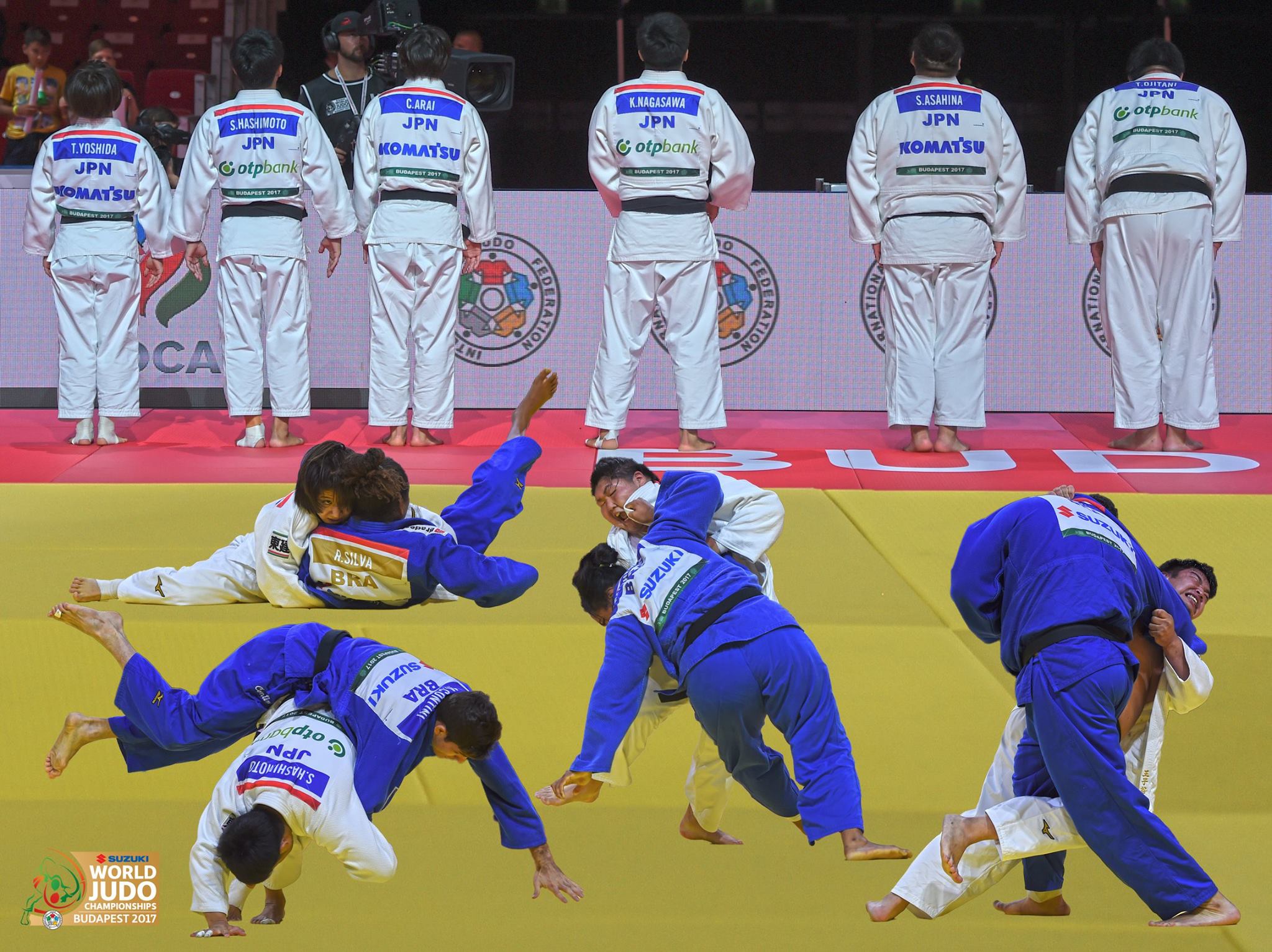
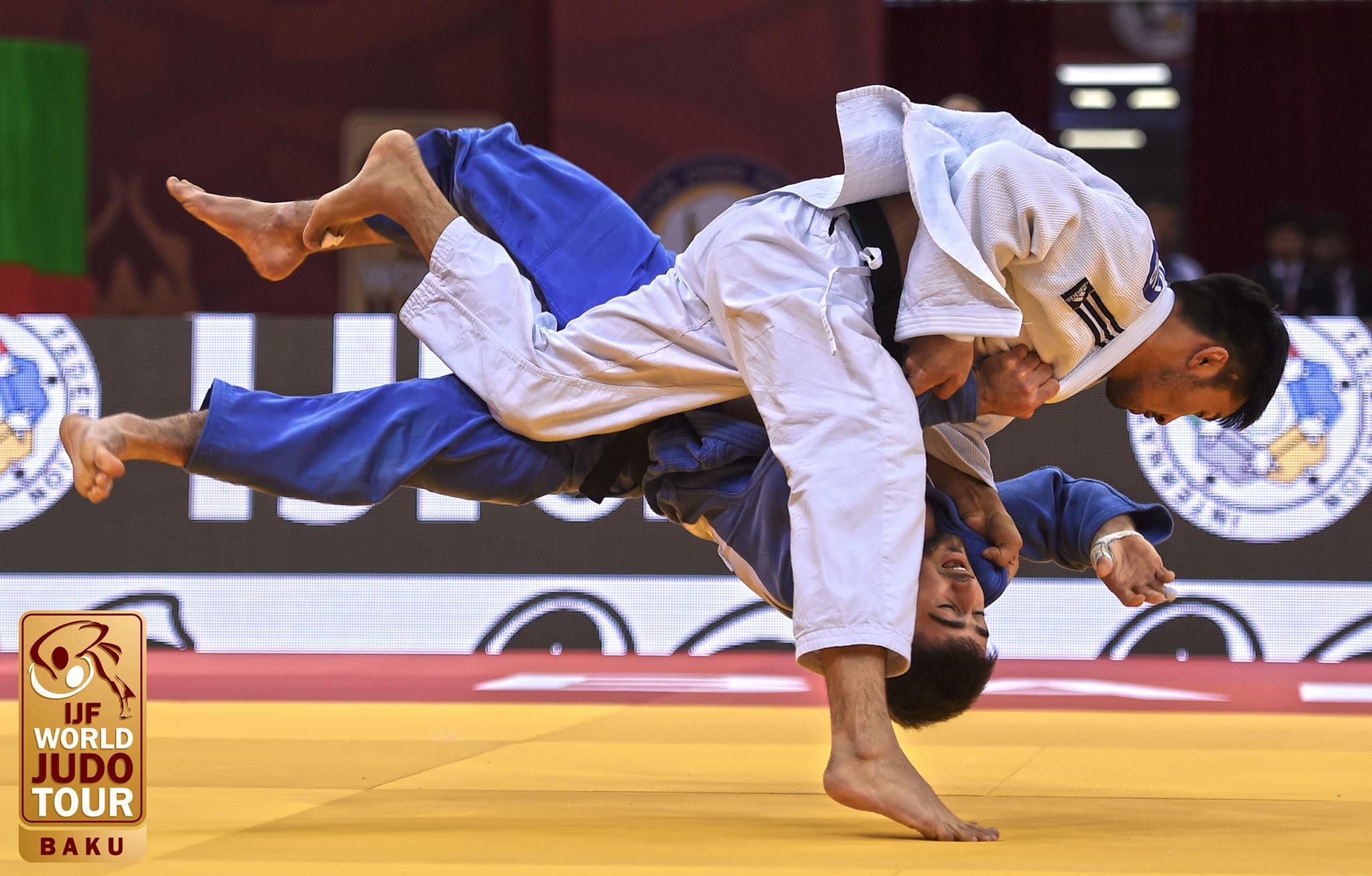
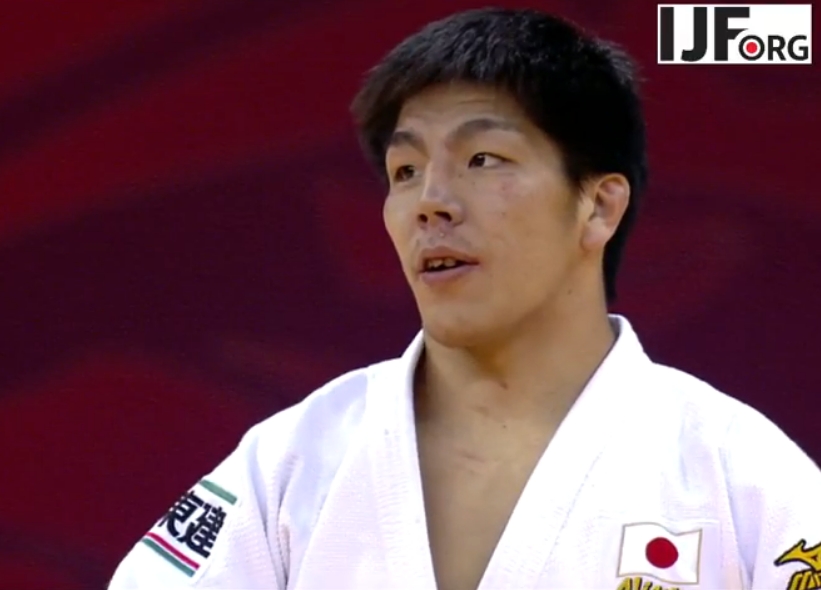
 - NAKAYA, Riki (JPN)7.jpg)
